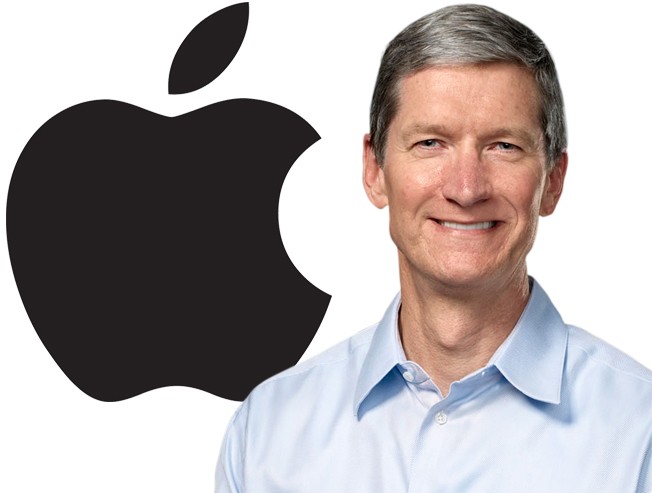Business
EU Hits Apple, Meta with €700m Fines for Violating Digital Competition Rules

The European Union on Wednesday levied a total of €700 million in fines against US tech giants Apple and Meta for breaching the bloc’s digital competition laws, escalating tensions with Washington as President Donald Trump’s administration eyes retaliatory trade measures.
The penalties, issued under the EU’s landmark Digital Markets Act (DMA), mark the first significant enforcement actions since the law took effect in 2023. Apple was fined €500 million ($570 million) for obstructing app developers from directing users to more affordable subscription options outside its App Store. Meta, meanwhile, received a €200 million penalty over its controversial “pay or consent” data policy on Facebook and Instagram, which regulators say failed to provide users with a genuine choice over their personal data.
“These decisions send a strong and clear message,” said EU Antitrust Commissioner Teresa Ribera. “The Digital Markets Act is being enforced firmly but fairly, and the world’s largest tech platforms must respect the principles of competition and user choice.”
The Commission warned that the penalties could increase if Apple and Meta fail to comply within 60 days, with further “periodic penalty payments” on the table.
US-EU Trade Tensions in the Background
The fines come at a sensitive time, as Brussels and the Trump administration try to hash out a deal to avert expanded tariffs on European goods. Trump, who has repeatedly criticized EU tech regulations as “unfair trade barriers,” has already imposed 25 percent tariffs on European steel, aluminum, and automobiles.
Trump’s allies within the US tech sector—including Meta’s top global policy executive Joel Kaplan—have amplified those criticisms. Reacting to the latest fine, Kaplan accused the EU of targeting American firms while giving European and Chinese competitors a pass.
“This isn’t just a fine,” Kaplan said. “The Commission is forcing us to change our business model, effectively imposing a multi-billion-dollar tariff on Meta while demanding we deliver a weaker version of our service.”
Apple, Meta Push Back
Both Apple and Meta swiftly denounced the decisions and vowed to appeal.
Apple, in a strongly worded statement, called the fine “unjust” and claimed it would harm users more than help them.
“Today’s announcement is yet another example of the European Commission unfairly targeting Apple,” the company said. “These decisions are bad for user privacy, bad for product integrity, and ultimately force us to give away our proprietary technology for free.”
Meta’s penalty stems from its controversial “pay for privacy” policy introduced in late 2023, which forces users to choose between paying for an ad-free experience or consenting to data tracking. The EU ruled that Meta failed to provide a viable third option—a less personalized version of its platforms that would still comply with data protection laws—thereby violating users’ right to freely consent.
The Commission is currently evaluating a new proposal Meta submitted in November 2024 aimed at addressing those concerns.
A Softer Blow Than Expected?
Interestingly, Wednesday’s penalties are lower than previous sanctions under older EU rules. Apple, for instance, was hit with a much steeper €1.8 billion fine earlier in March 2024 for similar App Store practices, but under traditional competition laws.
Still, Apple remains under scrutiny. The Commission has already issued preliminary findings that the tech giant may be in breach of the DMA by failing to allow fair competition with its App Store, potentially setting the stage for another fine.
In a rare positive note for Apple, the EU dropped a separate investigation related to user choice obligations after the company complied by allowing users to easily switch default browsers and delete pre-installed apps like Safari.
As enforcement of the DMA ramps up, analysts say tech companies should brace for deeper scrutiny and tighter rules in the EU—especially as geopolitical tensions around digital trade and regulation continue to grow.







